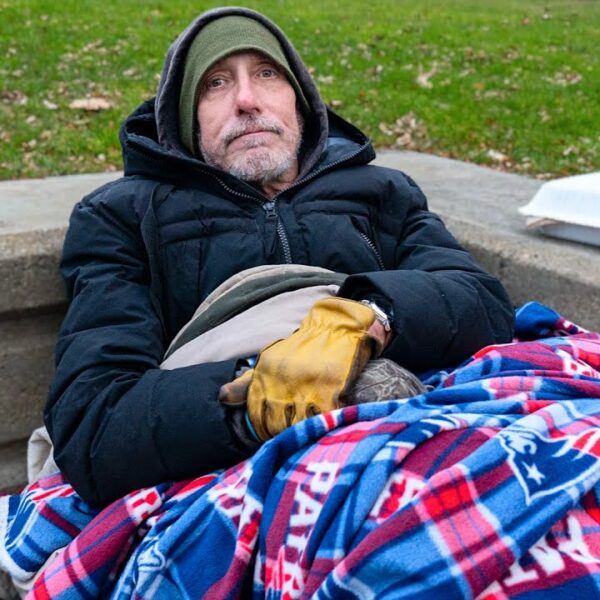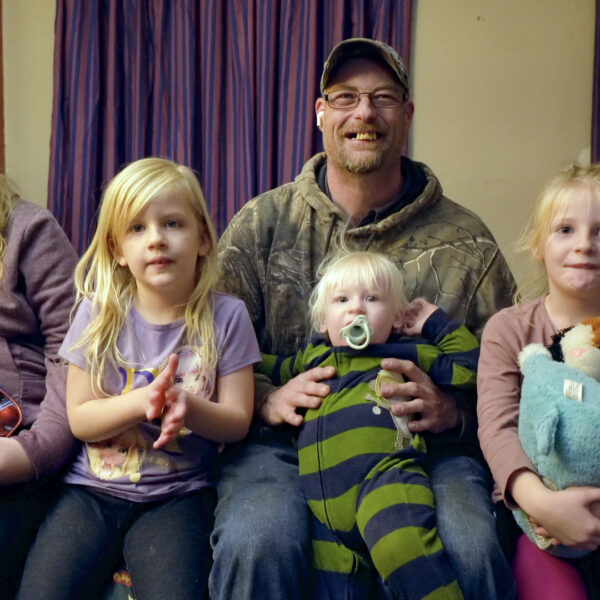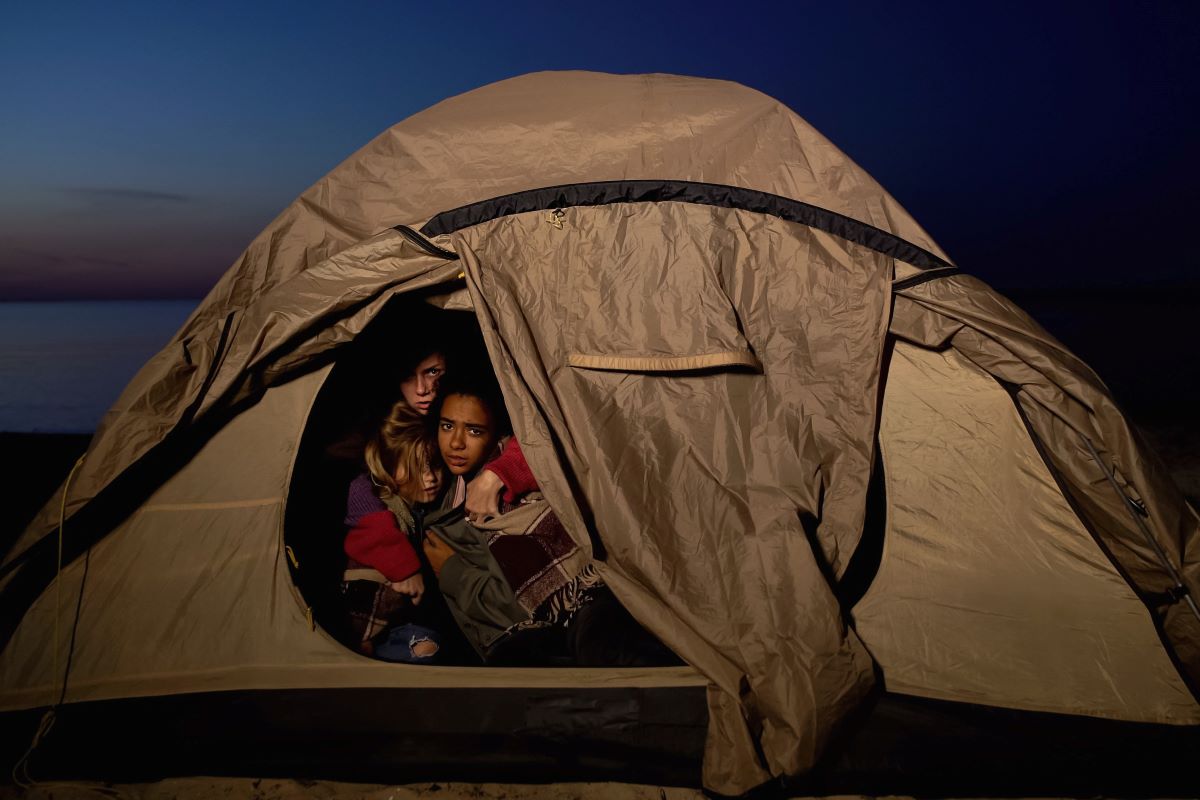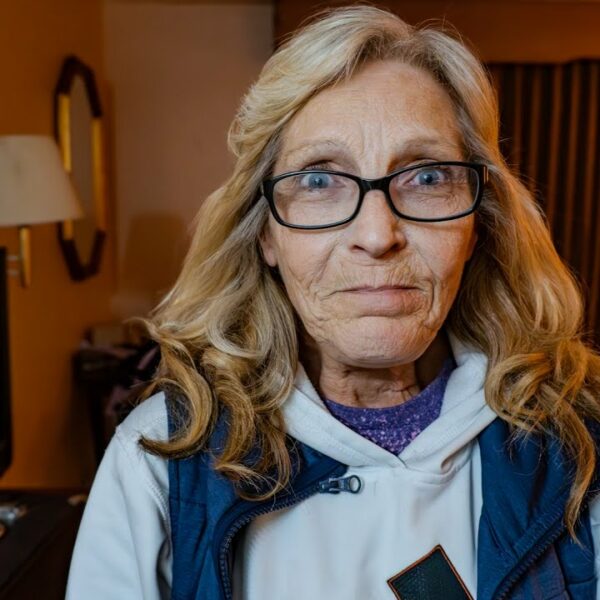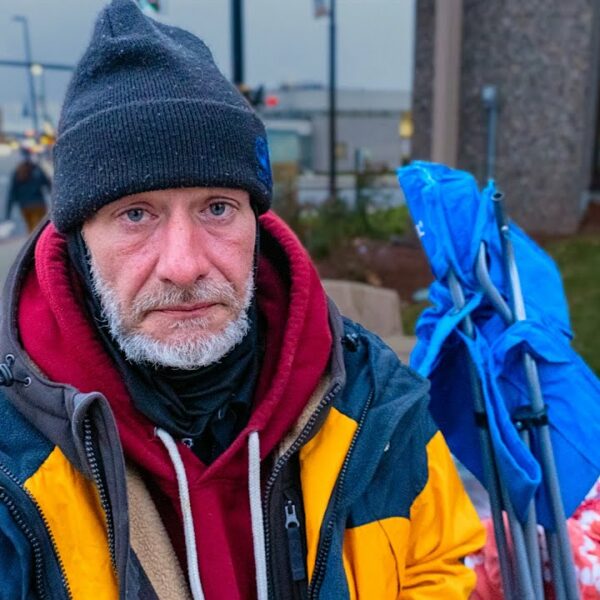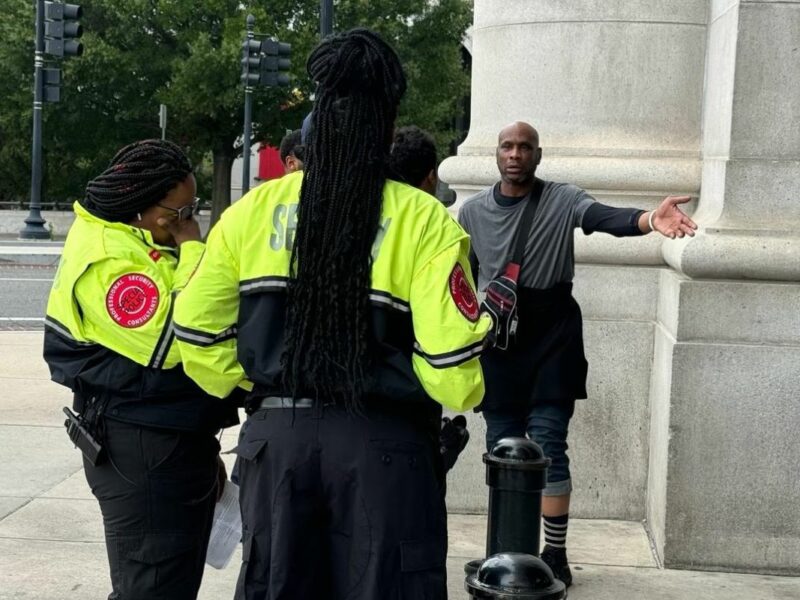The notion of the United States as a land of promise or opportunity has altogether crumbled, at least in the eyes of three out of four Americans.
What caused the so-called American dream to vanish? According to experts, it’s the fact that nearly 80% of American citizens are “not living it.” The survey measuring said dream’s attainability found that most U.S. residents had not obtained one or more of the following:
- Homeownership, or, to a lesser extent, an affordable rental property
- Affordability of basic living expenses
- A family
- A fulfilling career
- The ability to send their children to college without financial hardship
While all five of the above-listed components are fundamental, this article will examine just the first major component of the American dream, affordable housing.
The Affordable Housing Crisis is Plaguing First-Time Home Buyers Between the Ages of 25 and 44
According to Marketplace, this discontent in the housing market is rooted in a very harsh reality. As it stands, first-time homebuyers, advised to seek housing that costs three times their income, find that most homes on the market cost more than twice that much. Henceforth, the average first-time homebuyer in 2023 is quickly learning that most of the housing on the market costs 6.5 times their annual income, making home ownership just another pipedream in a long line of disappointments.
In certain regions, the disparity is even larger. For example, in Los Angeles, a city that continuously takes the crown for the highest rates of homelessness, the average annual household income for buyers in this age range is approximately $78,100. Meanwhile, the average list price comes in at just under a million dollars, or a whopping $978,000, to be precise.
Notably, due to the problem of supply failing to meet demand, most homebuyers are now required to pay well above the list price for a suitable property. That means the average house in homeless-ridden LA really is in the million-dollar price bracket, although the average annual wage is less than six figures per household.
There Are Crippling Consequences Associated with not Being Able to Afford a Place to Live
The survey, cited by CBS New York, revealed that only one in five people perceive their lives as falling under the now-prestigious title of “The American Dream.”
It was conducted on August 21st and contained the opinions of roughly 2,000 randomly selected U.S. citizens. While it is one thing to sympathize with the sentiment of a fading fairytale of old, it’s another thing to wake up to the unrelenting reality as it blares like an alarm clock on a bedside table.
Affordable housing might be painted as a picket fence and a two-story single home on the sunny side of town, but it isn’t really a luxury. In truth, housing is a necessity, and a bare minimum necessity, to say the least.
There are crippling consequences associated with not being able to afford a place to live that stretch well beyond the bounds of opulence and grandeur. Here are just a handful of examples:
Delaying Marriage
According to The New York Post, approximately 37% of millennials and Gen Z-ers are holding off on another dream, the dream of getting engaged, because they feel they are under the weight of too much debt. What’s more, another 37% of millennials and Gen Z-ers have chosen to delay marriage due to similar money troubles. This aspect of unaffordability is listed first because it is a double-edged sword.
Young people are putting off marriage and engagement due to a lack of affordability when it is statistically more expensive to live as a single adult than as a married couple. So, as they hold off on their wedded bliss in an attempt to pay down debt and save up for future down payments, they are filtering even more money into the very system that is failing them in the first place.
Food Insecurity
The corporate wasteland of overpriced mortgages and empty luxury lofts abounds with food deserts at each turn. Choosing between rent/mortgage and food is a very real decision for at least 34 million food-insecure Americans.
Studies support this hypothesis, revealing that market renters who spend 30% or more of their income on shelter exhibit a noteworthy increased risk of food insecurity compared to groups that spend less than 30% of their income on shelter.
Increased Risk of Imprisonment
It is illegal to be homeless in almost every state in the country. While the hashtag #VanLife might currently be trending, there is nothing fashionable about being forced out of a safe, warm home, and into a vehicle, onto a street corner, or back on a family member’s sofa. Yet, as housing becomes increasingly less affordable, more homeless people are hauled off to jail, and more anti-homeless legislation gets drafted behind closed doors via people in positions of power.
Becoming Homeless
Of course, a lack of affordable housing is the leading cause of homelessness for this very reason. Homelessness surges to record highs when rental rates skyrocket, mortgages soar, and everyday working-class people cannot afford safe living quarters.
The worst part about this is that many people are homeless and don’t even know it. For example, all those couples delaying marriage. If they’re living with their parents to save money and finally start their own lives, they are technically considered hidden homeless because they are living doubled up. The same is true of people who live in their vans, hop around to various motels, or reside in a rooming house situation.
Simply having a roof over one’s head doesn’t mean this person is not homeless. This conflation is a fallacy that fuels many harmful misconceptions.
The American Dream Was Designed to be an Illusion
When you read the fine print, it’s clear that America’s contract with its citizens is altogether disingenuous. We are welcome to pursue intangible statuses that are merely tantamount to daydreams.
There is no real responsibility on the government to provide even the most basic necessities. There is no real tally on the precise number of people falling into the pitfalls of homelessness. In fact, millions of people now cannot afford housing, yet they are not even regarded as impoverished by government standards.
Talk To Your Local Legislators About Setting and Achieving Quantifiable Goals, Such as Making Housing a Human Right
Losing faith is always tragic, but the American Dream, as it were, is not all that is at stake. As housing becomes less affordable and wages remain stagnant, we also lose our middle class.
We are losing opportunities to obtain upward mobility. Worst of all, we are losing an entire generation to a system that is working for us instead of working for us.
Please urge your legislators to start setting and achieving quantifiable goals by making housing a human right for all.



